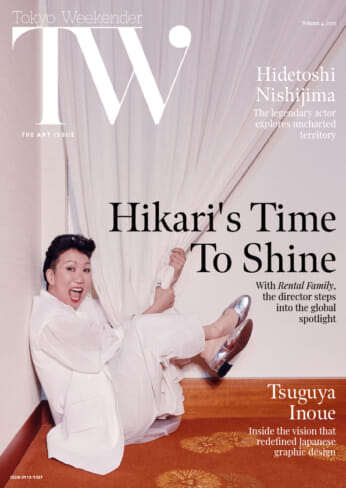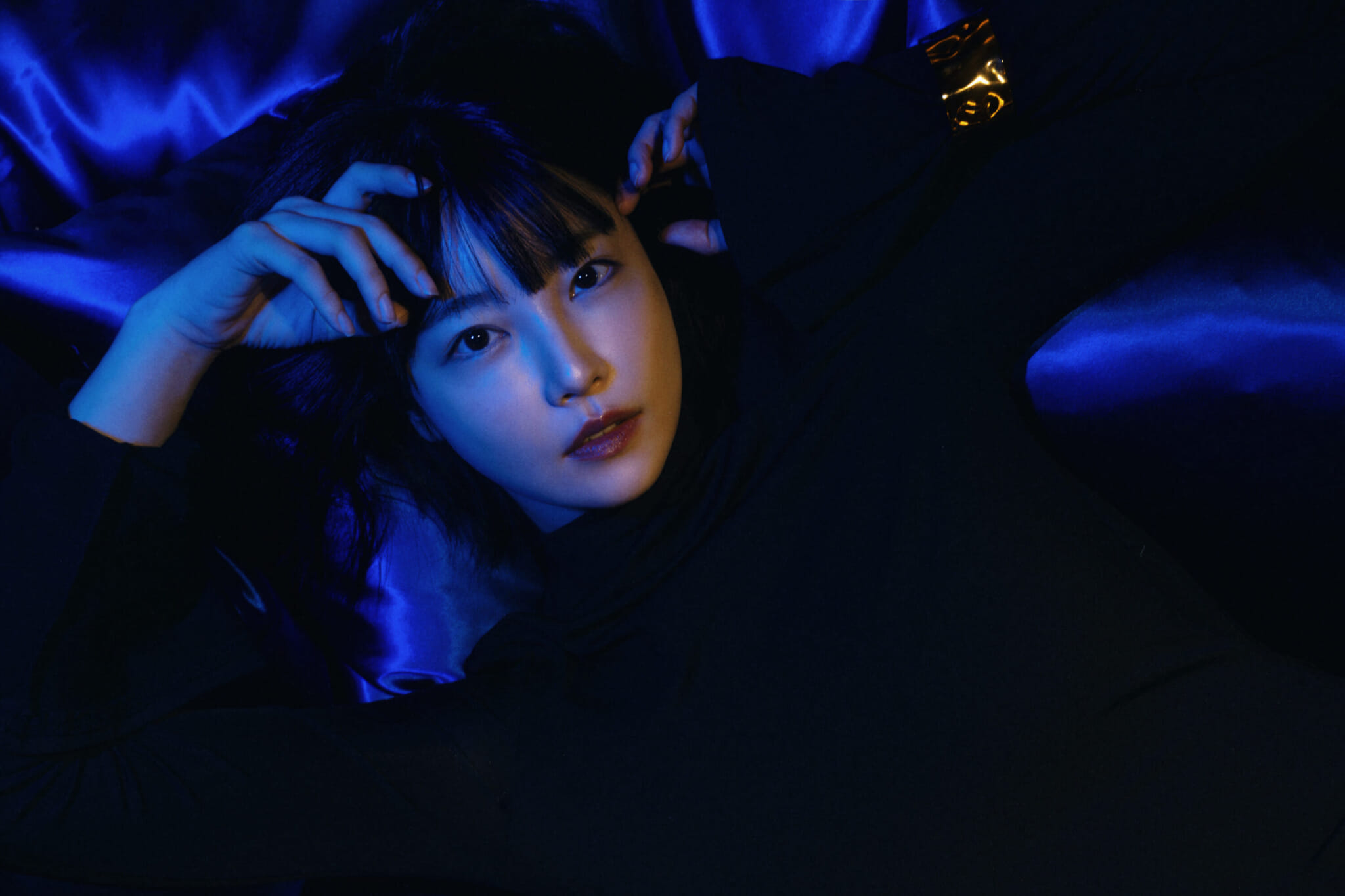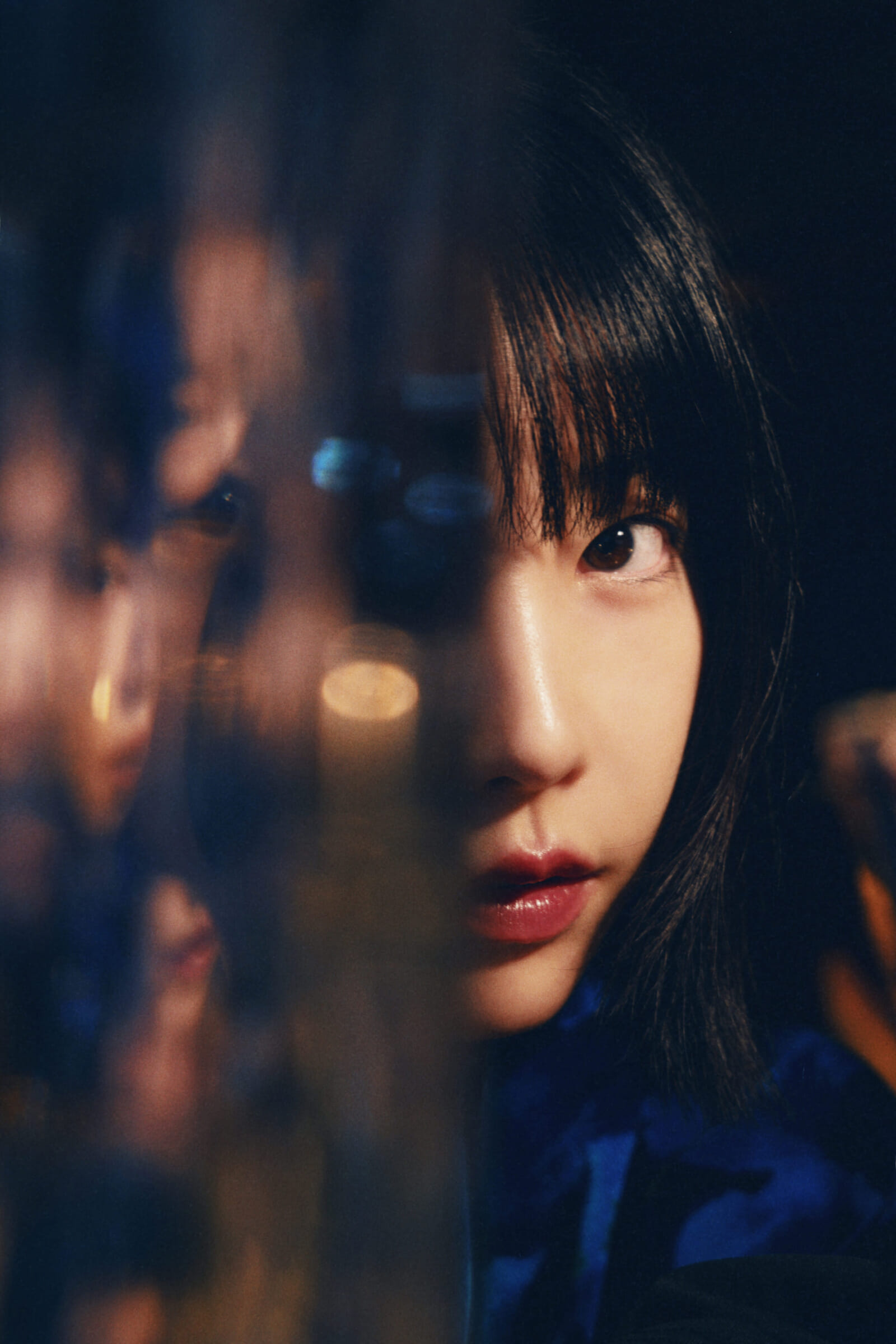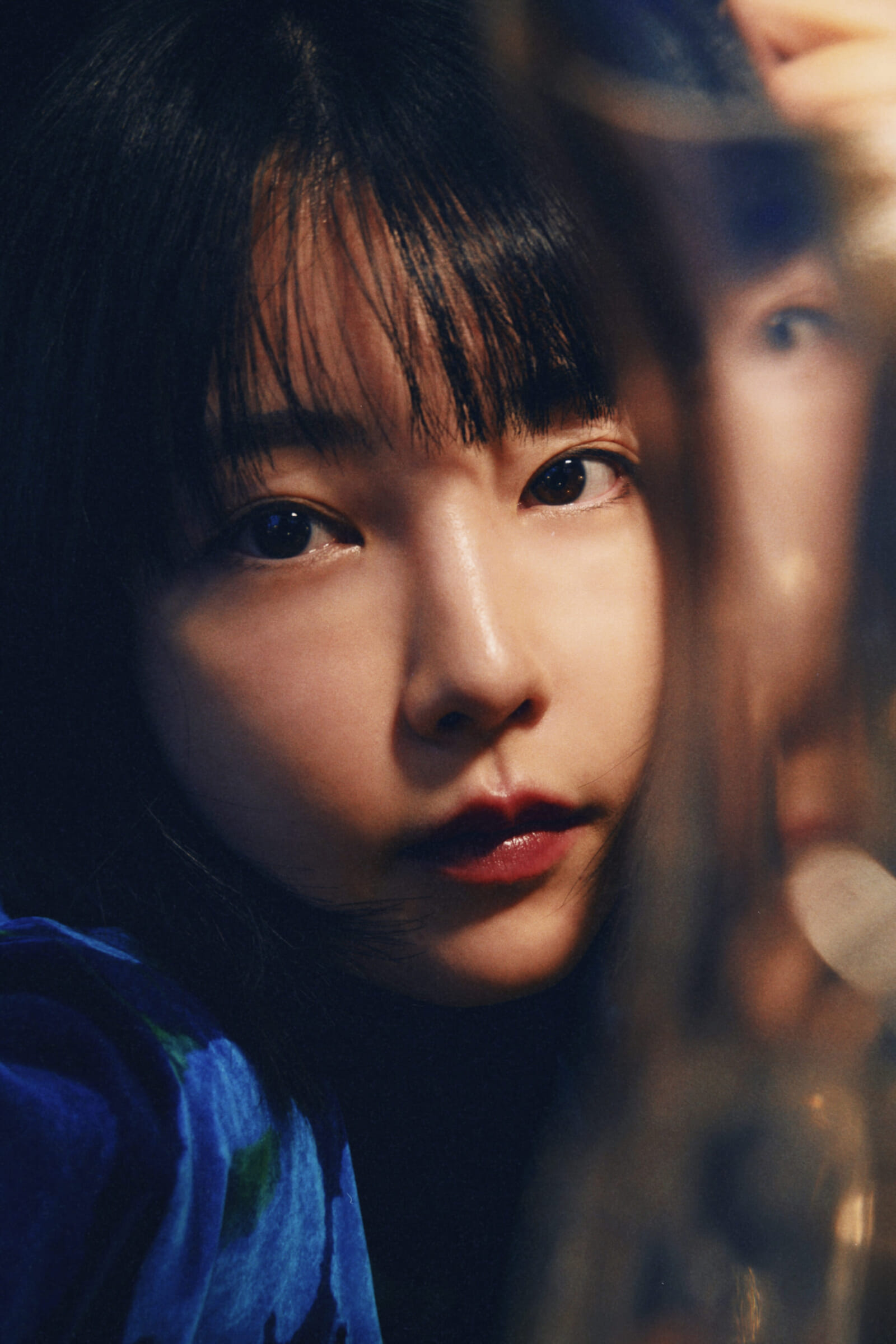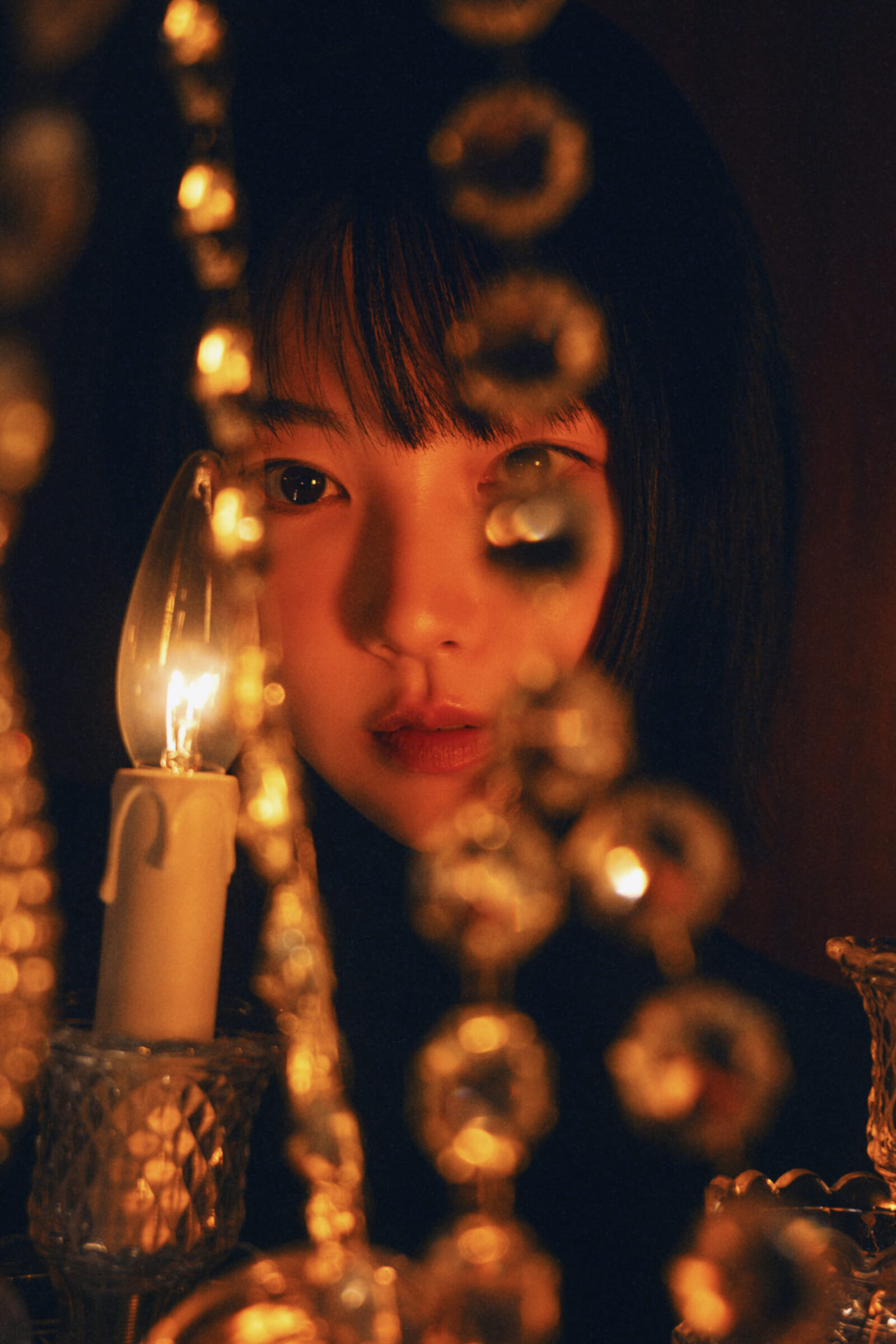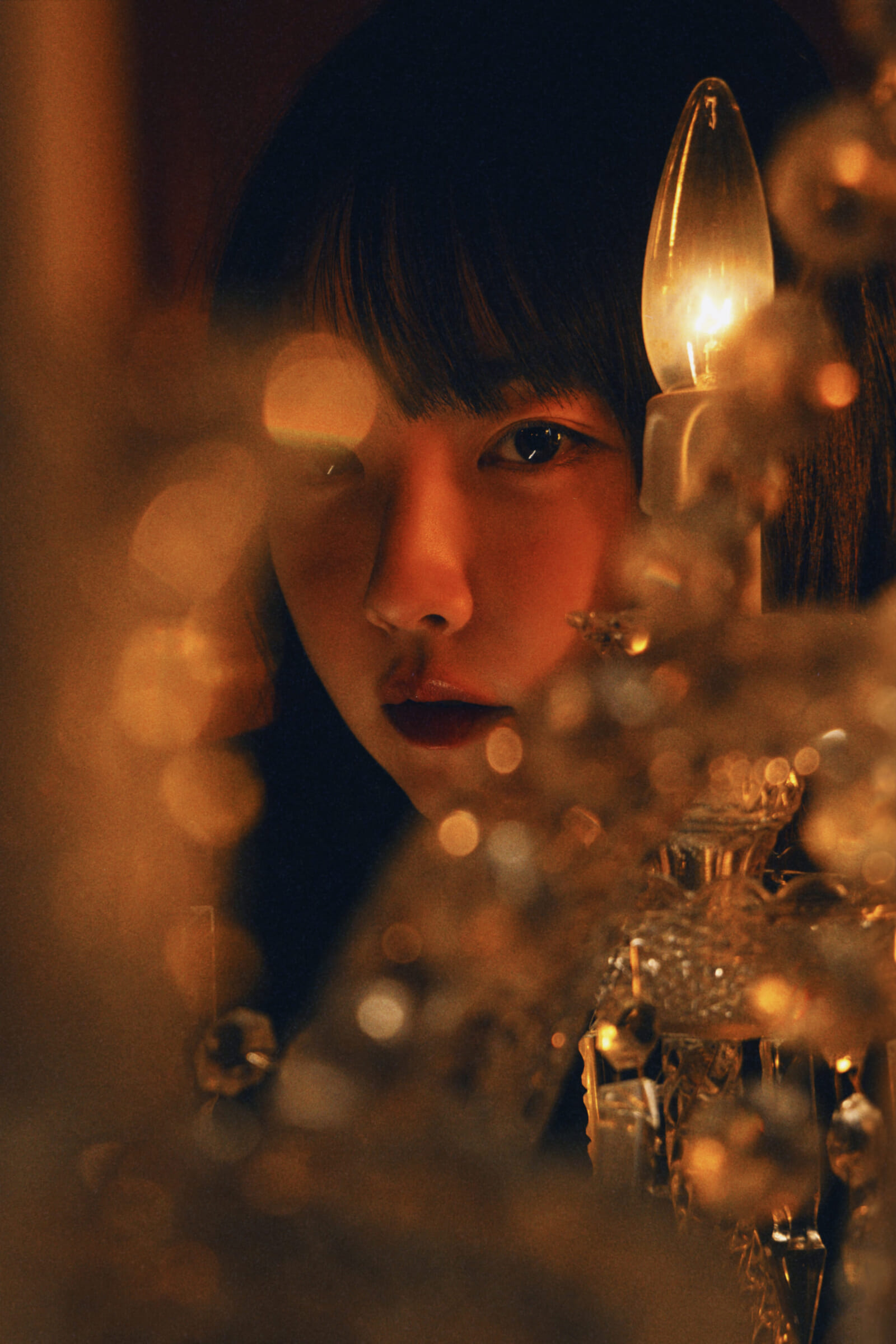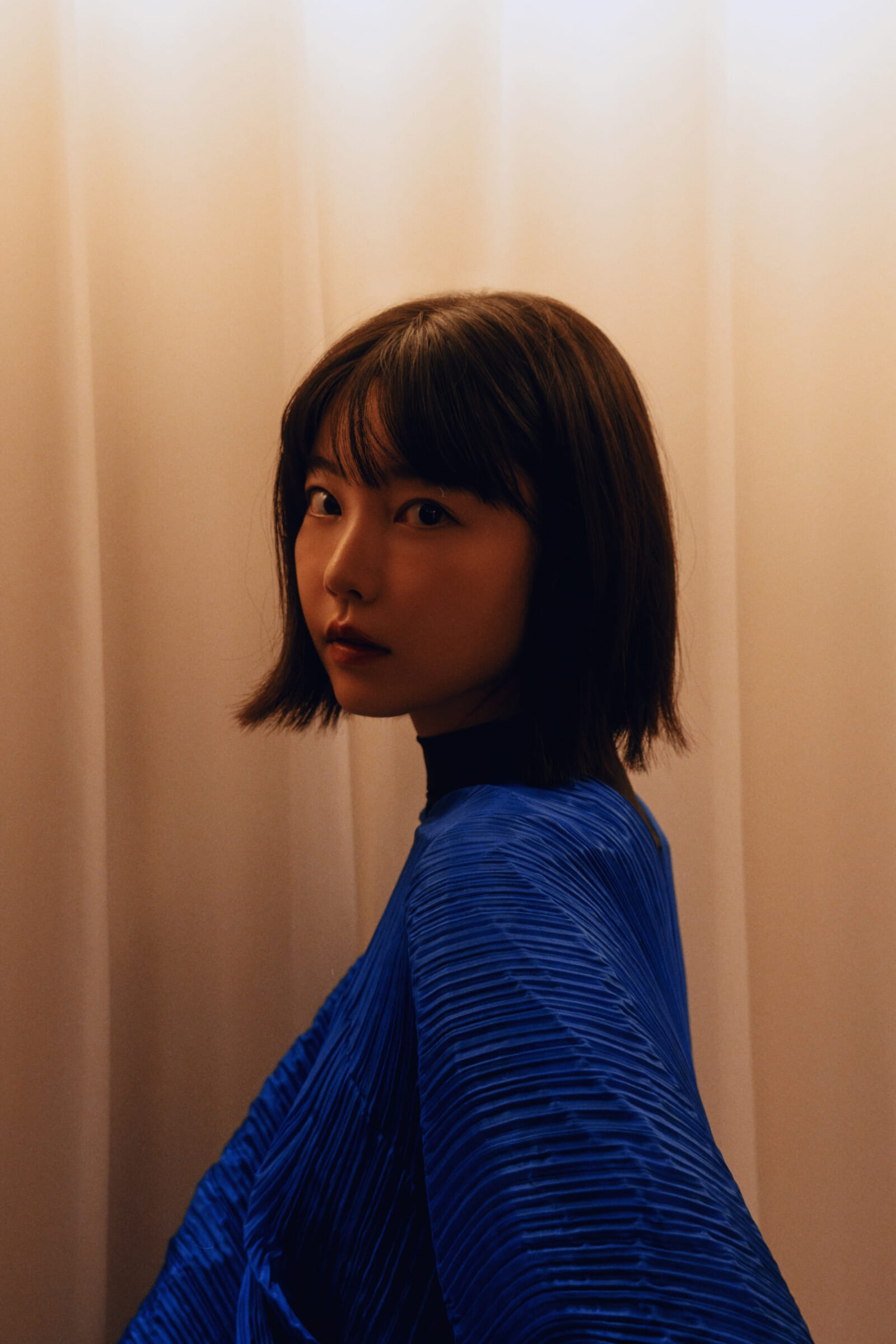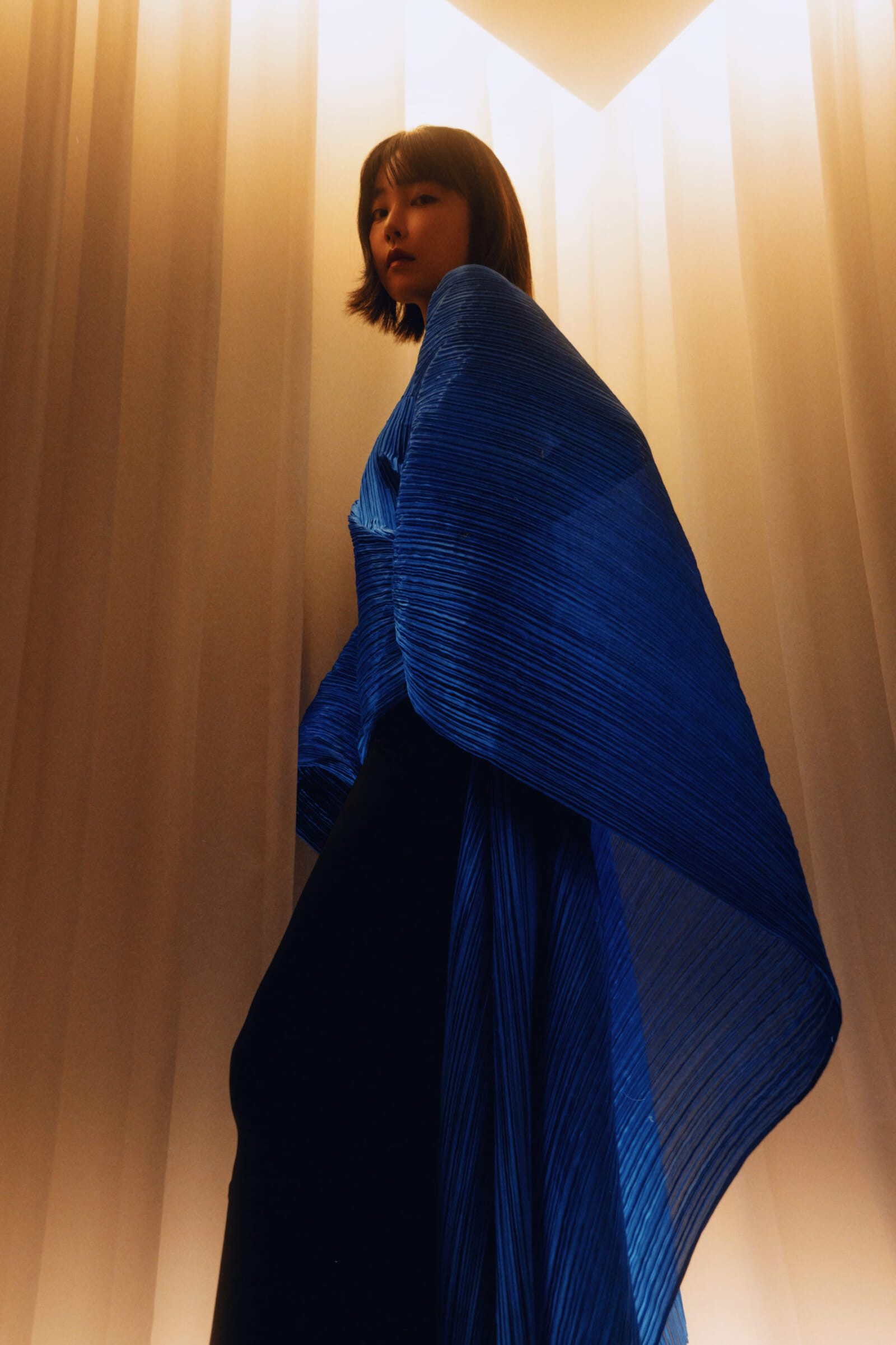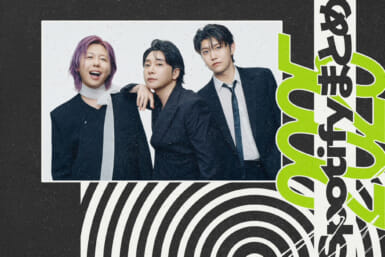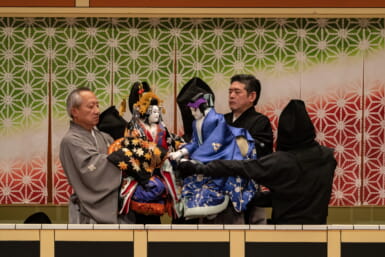This article appeared in Tokyo Weekender Vol. 5.
To read the entire issue, click here.
Yuka Kouri was in the middle of filming for a commercial when her manager informed her that she had landed the role of Kiku in Shogun, a 10-part adaptation of James Clavell’s 1975 classic novel of the same name, which brings to life Japan’s violent feudal past. Her reaction to the news was one of disbelief. She had sent her audition tape three months prior, to radio silence, and didn’t think she had any chance of getting the part.
“That was a two-minute tape that took me around 14 hours over two days to shoot,” she says, laughing. “I had to do it in old-style Japanese and just couldn’t get it right. After the first day, I told my manager we had to go again. In the end, I still wasn’t satisfied, but we ran out of time. So, when I was told I got it, I was more surprised than overjoyed, thinking, Why have they chosen me? I assumed there must have been a mistake.”
There wasn’t. Justin Marks, who created the show with his wife, Rachel Kondo, later told Kouri that he was convinced she was the perfect candidate to play the mysterious and manipulative Kiku — Izu’s most renowned and seductive courtesan — the moment he saw her on tape. While other actors were called for a second audition, she didn’t need one: The decision had already been made. In October 2021, Kouri flew to Vancouver to start filming.
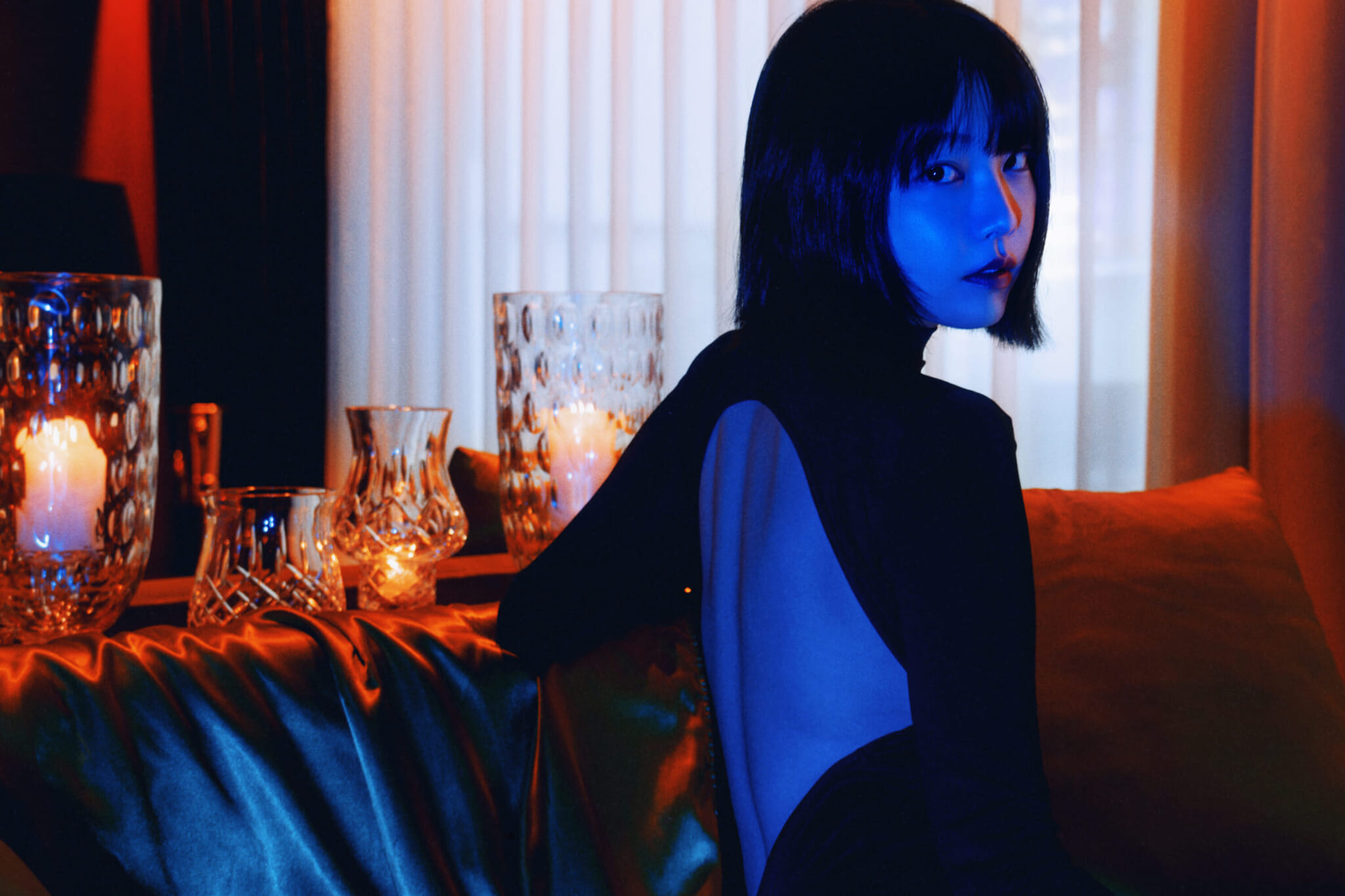
A Sense of Responsibility
“Sitting on the plane, I did feel pressure,” recalls the Tokyo-born actress. “As an actor, there’s always a sense of responsibility to get things right, but I felt it even more this time.”
Kouri has been working in the entertainment industry for over a decade; prior to becoming an actor, she spent a year working as a model, but the work wasn’t as regular or as exciting as she’d hoped. She felt frustrated that she wasn’t able to move around more at photo shoots. Acting, she felt, would give her more of a chance to express herself, so she decided to give it a try.
After appearing in a commercial for an online game, she made her television debut in the miniseries Kazoku no Urajijo (Camouflage Family). “I was so embarrassed by my performance, I could barely watch it,” says Kouri. “I’ve definitely improved since then, but I’m never satisfied with my acting. At my previous agency, I didn’t get many big roles, and my mentality was that it was my management’s fault. I’ve since grown to realize that it’s about what I do, not my company. No excuses. During the pandemic, I watched a lot of movies and really started to properly think about what kind of actor I wanted to be.”
The tide began to turn for Kouri after she appeared in a heartfelt online commercial for Tokyo Electric Power Company (TEPCO) in November 2020, playing a woman who needlessly doubts her fiancé’s commitment as she plans their wedding. Despite being less than four minutes long, it made a significant impact, garnering more than 7 million views. Directors and producers started getting in touch, which eventually led to bigger roles in movies, such as the romantic drama Ai Nanoni (Love Nonetheless) and Fukudamura Jiken (September 1923), a film about the Fukuda Village Incident, in which nine Japanese people were killed on suspicion of being ethnic Koreans during the Kanto Massacre. But Shogun would be the largest-scale project she’d ever worked on.
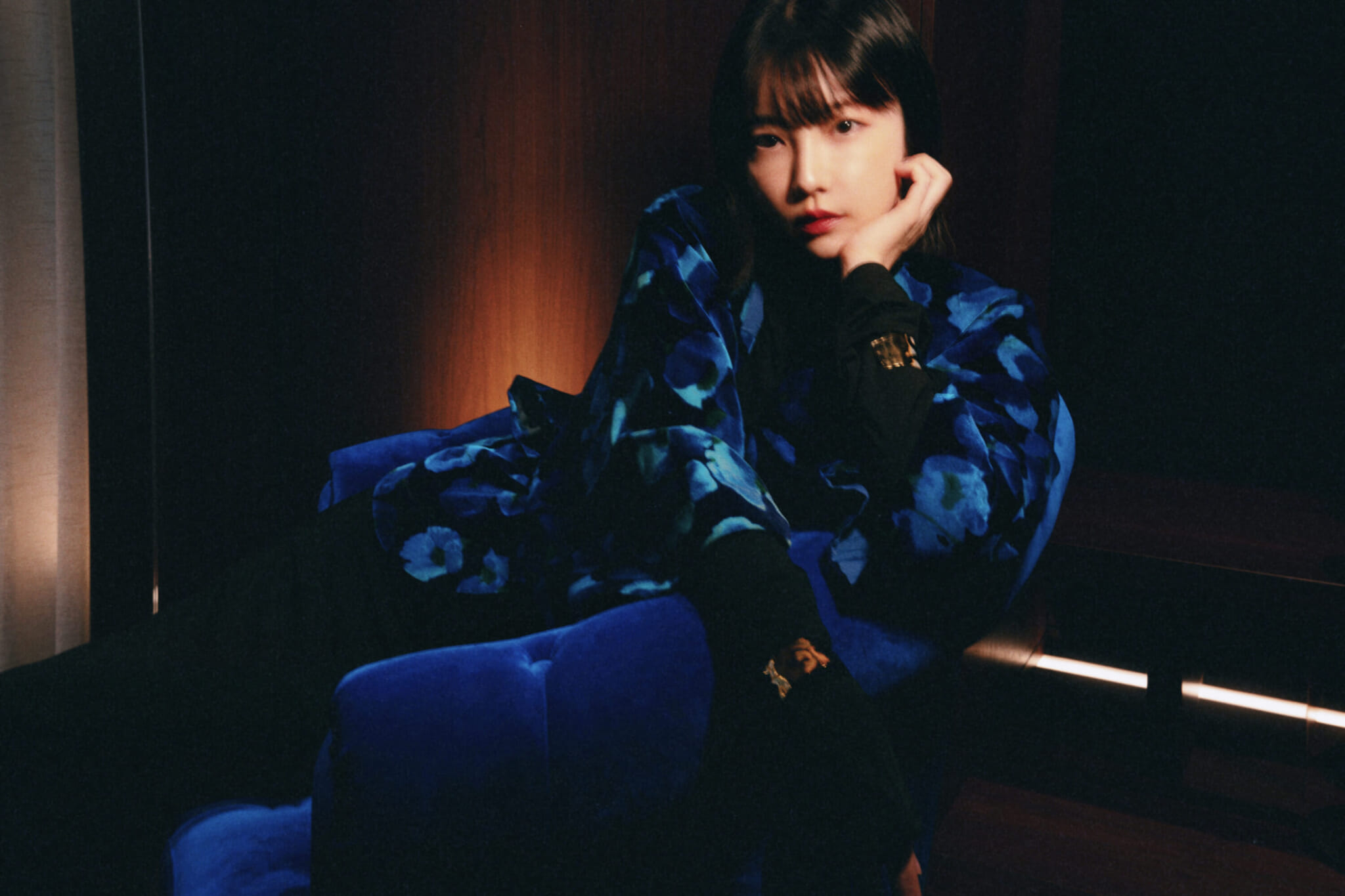
Mastering Ancient Crafts
The second television adaptation of Clavell’s novel, Shogun depicts the days leading up to one of the most seminal conflicts in Japanese history: the Battle of Sekigahara. It follows the journey of John Blackthorne, an English navigator shipwrecked in 17th-century Japan. Immersed in a foreign culture, he navigates intense political intrigue and complex samurai traditions, ultimately aligning with the ambitious daimyo Lord Toranaga, played by the internationally renowned actor Hiroyuki Sanada.
Readying herself for the role of Kiku — who plies her trade in the region of Izu, a domain under the influence of Lord Toranaga — involved a great deal of preparation and training. “Although Kiku’s a fictional character, she’s based on the highest-ranked courtesans from that period, who spent decades mastering their craft,” Kouri explains. “I had a short window to learn some of the skills required, like how to play the shamisen. Even things like walking with bent knees and standing up straight from a kneeling position were tricky.”
Kouri’s sense of pressure intensified when she arrived on set. “I’d never experienced anything as big as that before,” she says. “I was taken aback by the sheer number of people, and there were many big names as well.” She soon discovered that she had no reason to be nervous. During filming, she says, “it felt like everyone was equal. Sometimes, in a Japanese production, you almost have to bow down whenever the lead actor walks by. Shogun was nothing like that. There was great camaraderie between the cast and crew. I think that’s one of the reasons the show’s been such a success.”
‘A Genuine Masterpiece’
After the show’s opening two episodes premiered in February — on FX and Hulu in the United States and Disney+ internationally — it became the most streamed program across all platforms, garnering more than 9 million views. It also earned rave reviews from critics, with Time magazine’s Judy Berman describing it as “a genuine masterpiece” and The Guardian’s Rebecca Nicholson calling it “good-looking, self-assured and often enthralling television.”
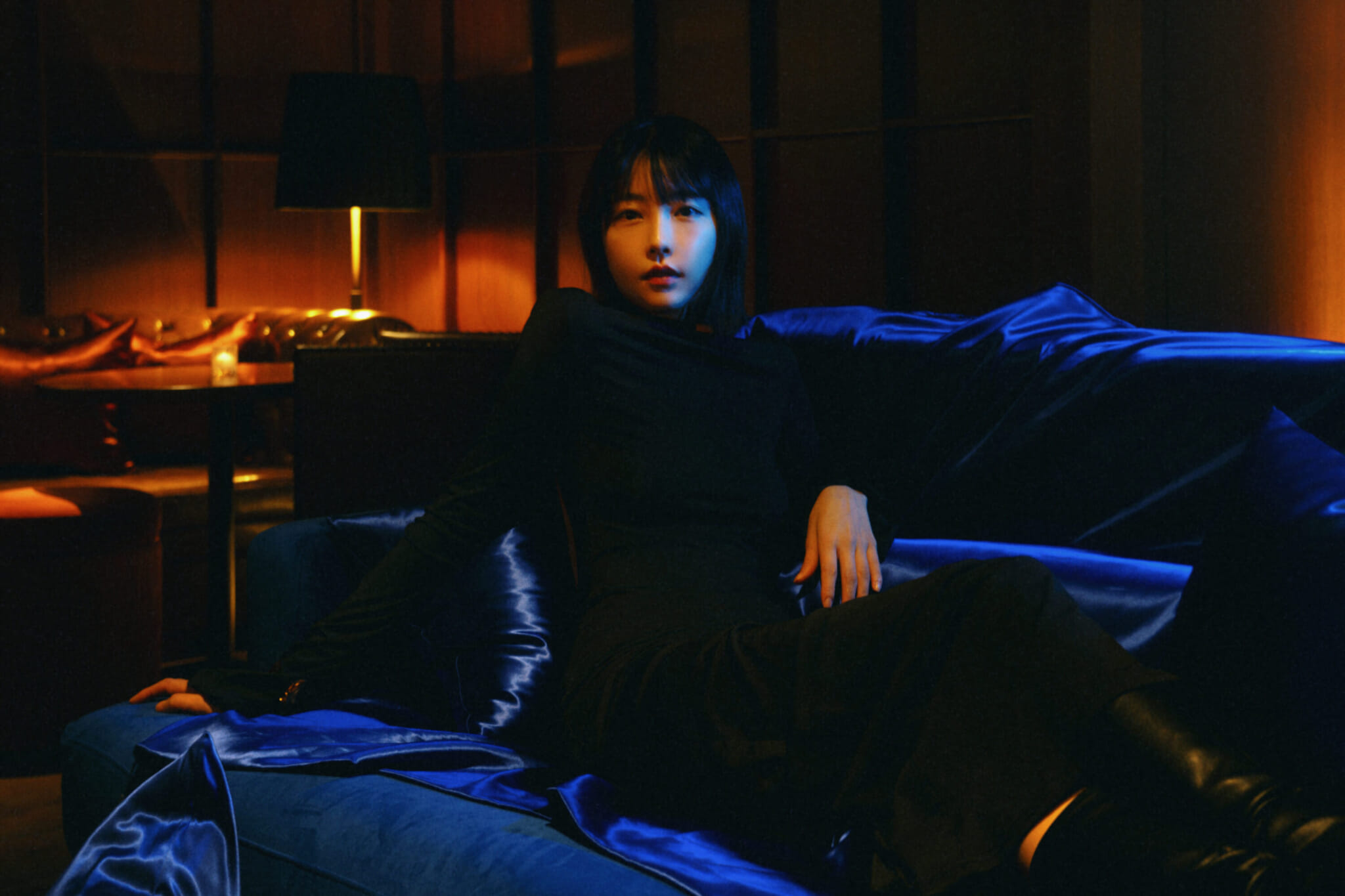
The program was also widely praised for placing Japanese characters at the front and center rather than relegating them to supporting roles — as was the case with the original miniseries in 1980, which heavily centered the perspective of Jack Blackthorne. Marks and Kondo wanted to avoid the “white savior” trope and asked Sanada to double as a producer to ensure the drama upheld the right amount of authenticity.
In his producer capacity, one of the things Sanada did was insist that all Japanese characters be played by Japanese actors. “For years, Sanada has been helping to open doors for Japanese actors overseas,” Kouri explains. “He’s such an inspirational figure and was so passionate about this project. We all were. Every cast member, aside from Sanada, auditioned for their role, so everyone was chosen on merit rather than being picked because of their name, as is often the case in Japan. As a result, I think the quality of the performances was high.
“You then also had this amazing script, stunning visuals and a brilliant director. It felt like everything came together perfectly.”
A Record-Breaking Night
At the Emmys in September, Shogun won 18 awards, a record for a single season of a television series. It was also the first majority non-English program to be named outstanding drama. Frederick Toye picked up an outstanding directing statuette, while Sanada and Anna Sawai — who plays Mariko, a noblewoman who serves as a translator and ally to Blackthorne — received outstanding lead actor and actress prizes. Kouri says she was in tears most of the night, particularly when her cast mates’ and director’s names were announced.
“It felt like a dream,” she says, smiling. “I thought we’d be named the outstanding drama, but I still wasn’t ready for it when we were called. The whole night was amazing.” The other best moment, she says, was meeting Saoirse Ronan. “She told me she loved Shogun, and I was shocked she knew who I was. I’m a big fan of hers, especially films like Lady Bird and Little Women. I never imagined I would be in the same room as these kinds of big stars from overseas when I started out in the entertainment industry.”
It’s unlikely to be the last time that happens. When asked about her future, Kouri somewhat evasively says she has some “interesting projects” coming up. One that she can mention is a TV drama called Heart Attack, which follows a group of super-powered humans known as Variants.
“My ultimate ambition, though, is to appear in a superhero movie in Hollywood,” she says. “To feature in something like that and win an Emmy for myself — that would be the ultimate.”
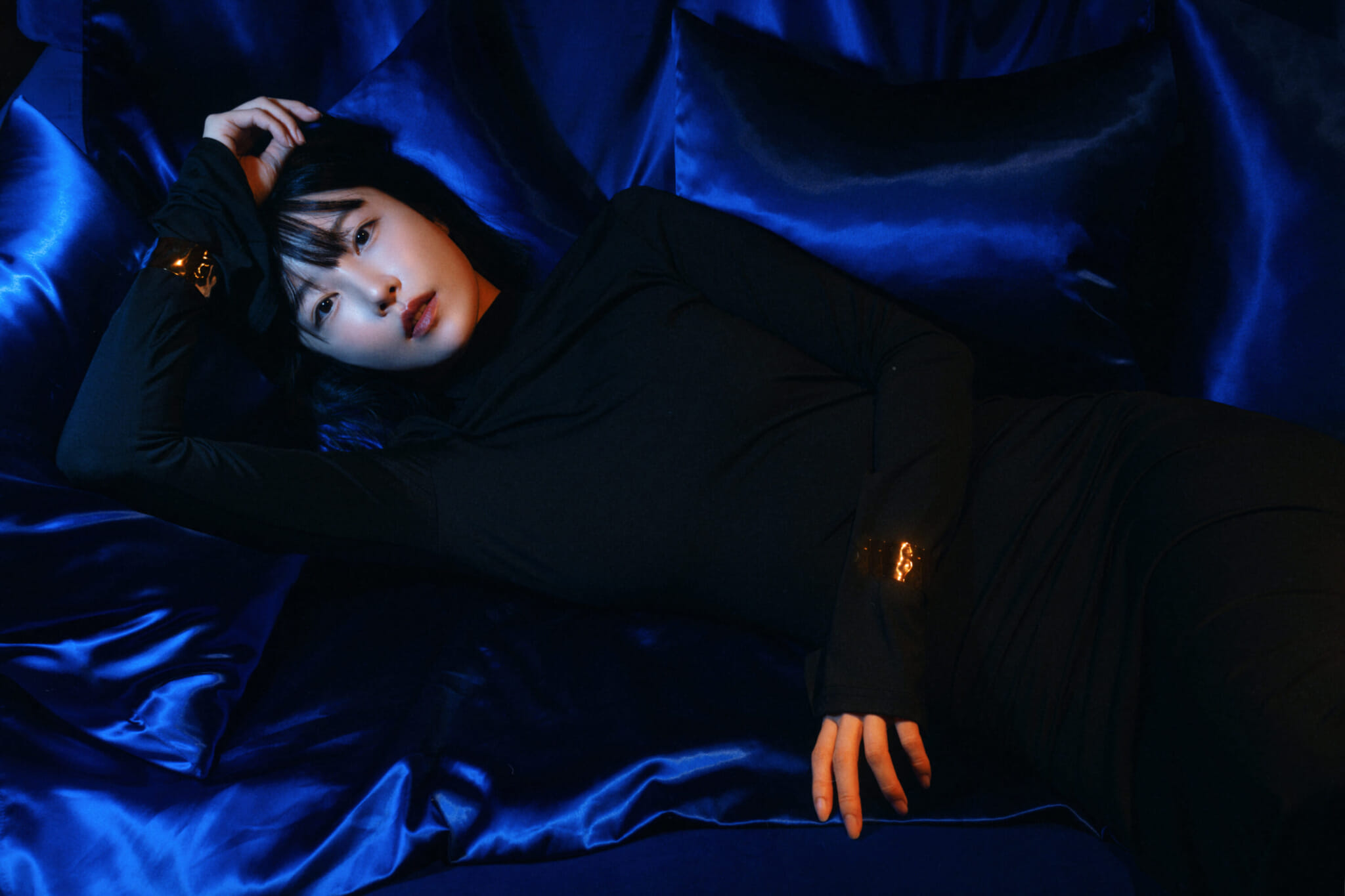
All photos taken at the The Punch Room Tokyo at The Tokyo Edition, Ginza.
Related Posts
- Ryoma Takeuchi on Becoming a Video Game Icon
- Reiko McNish Sato Wants You To Dream
- The Eccentric Charms of Avantgardey
Updated On December 12, 2024
